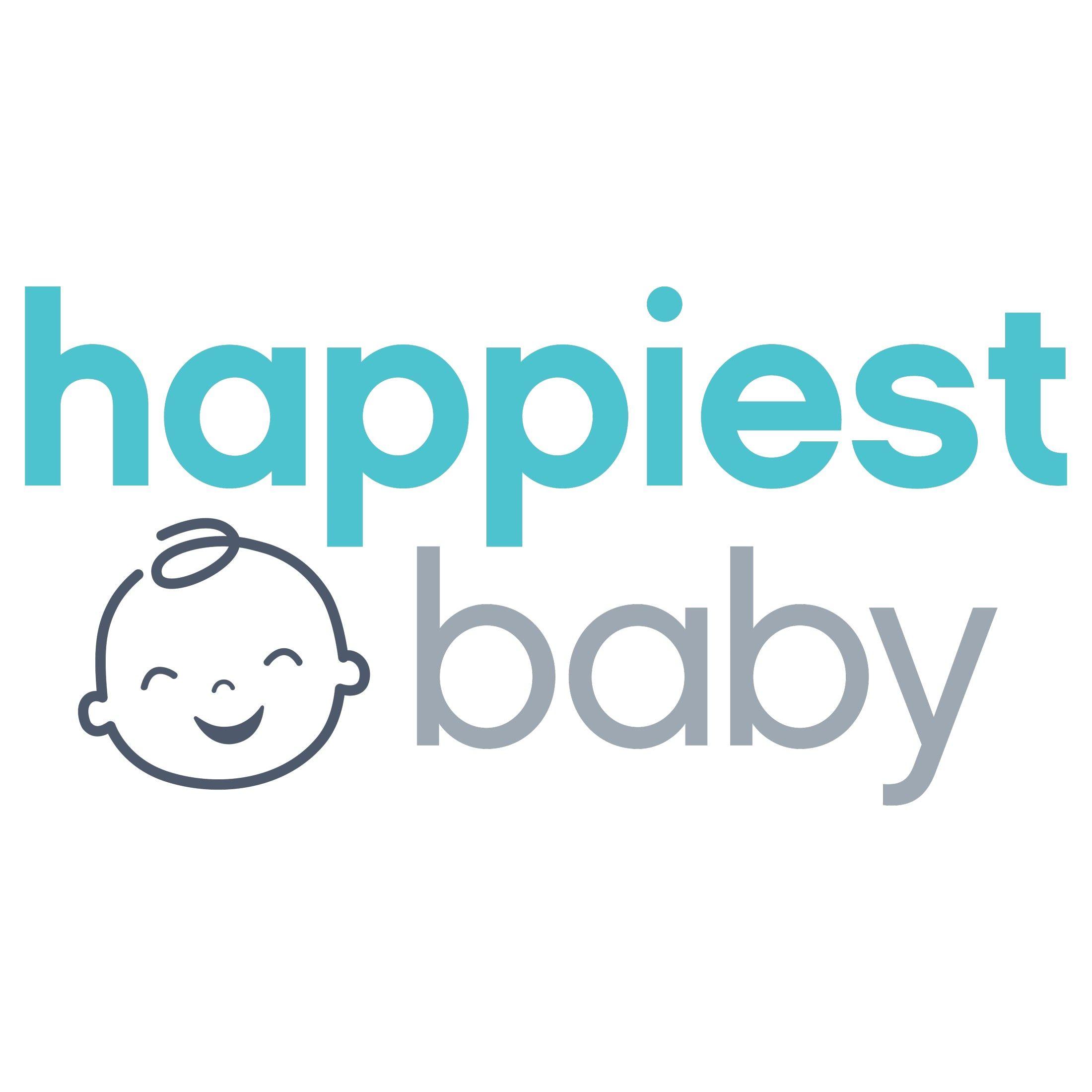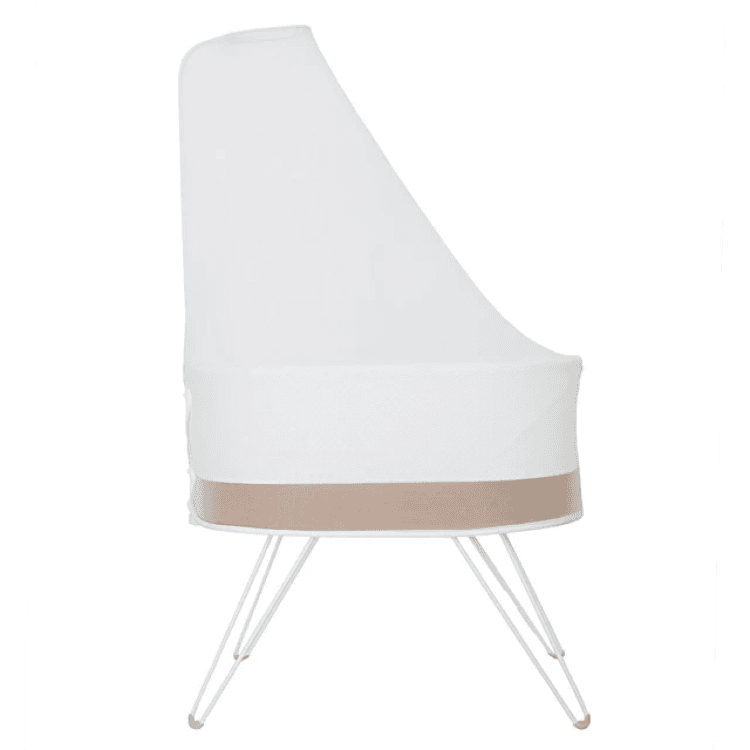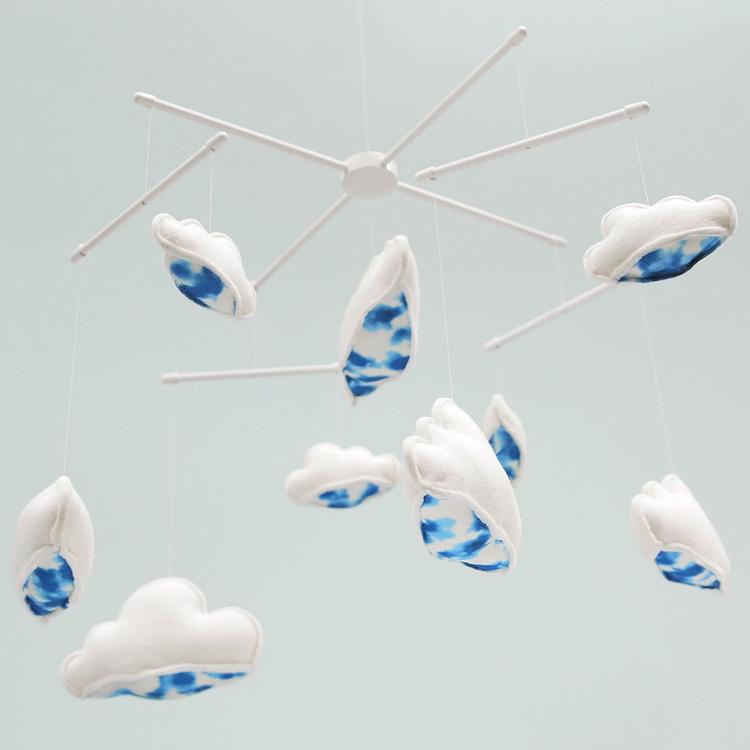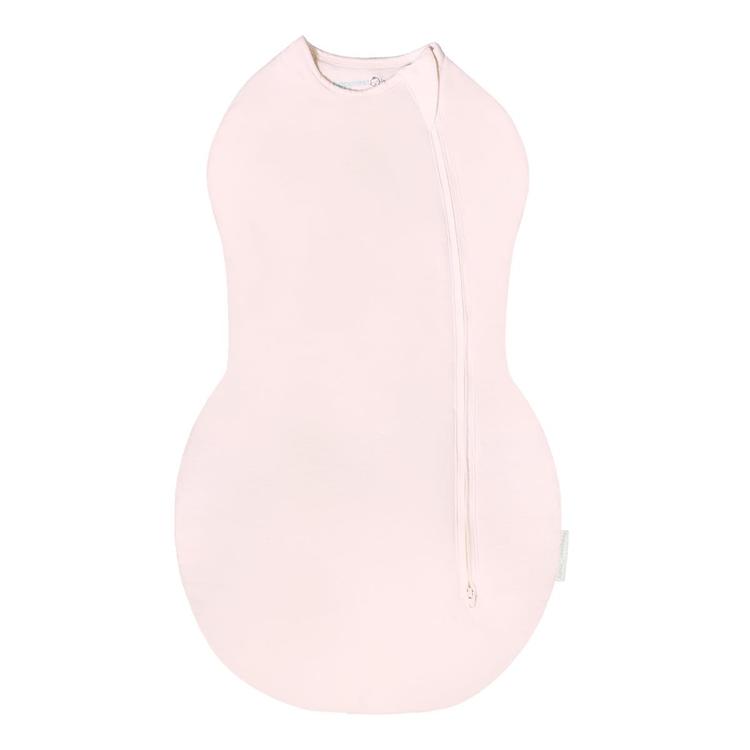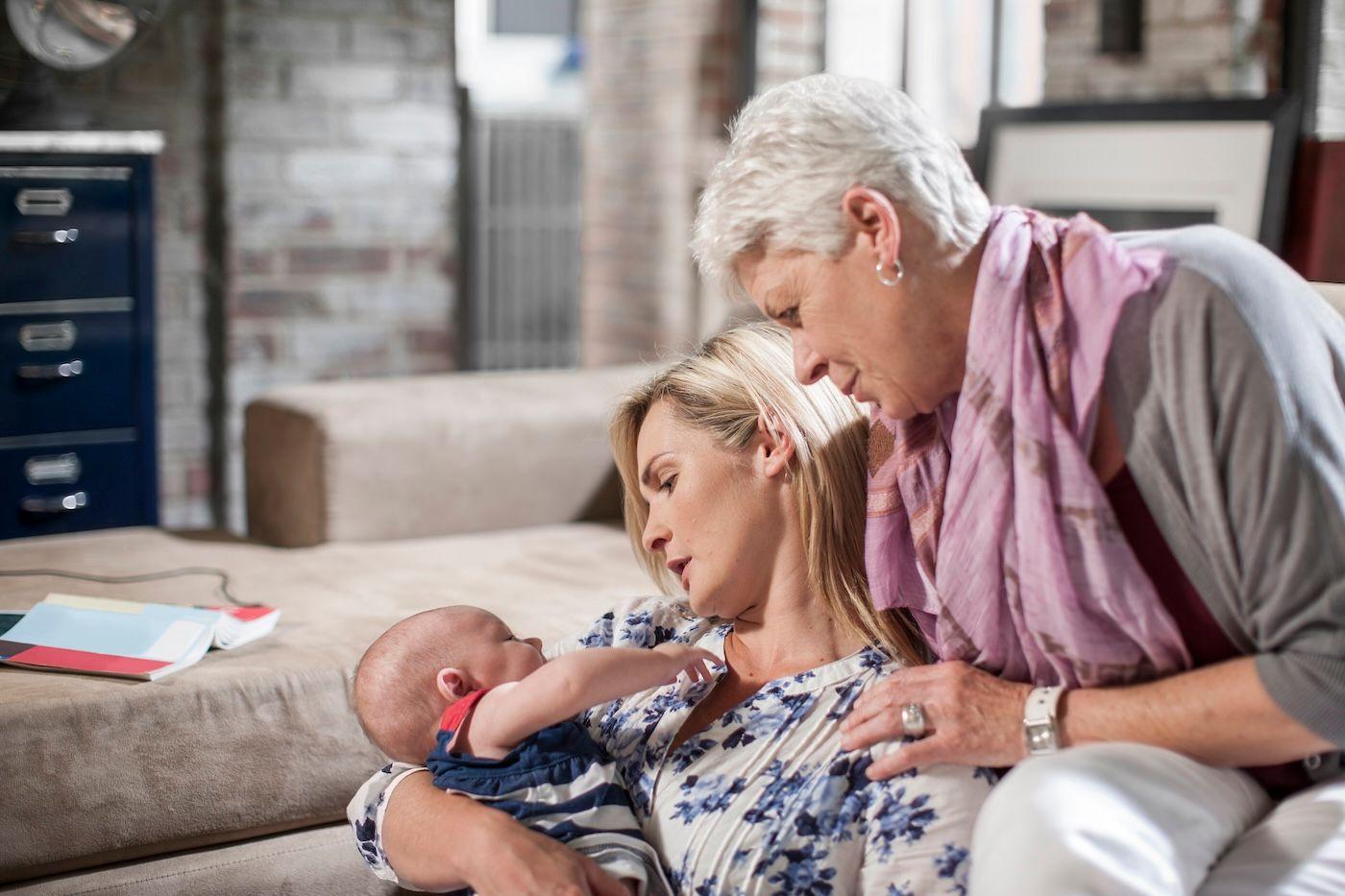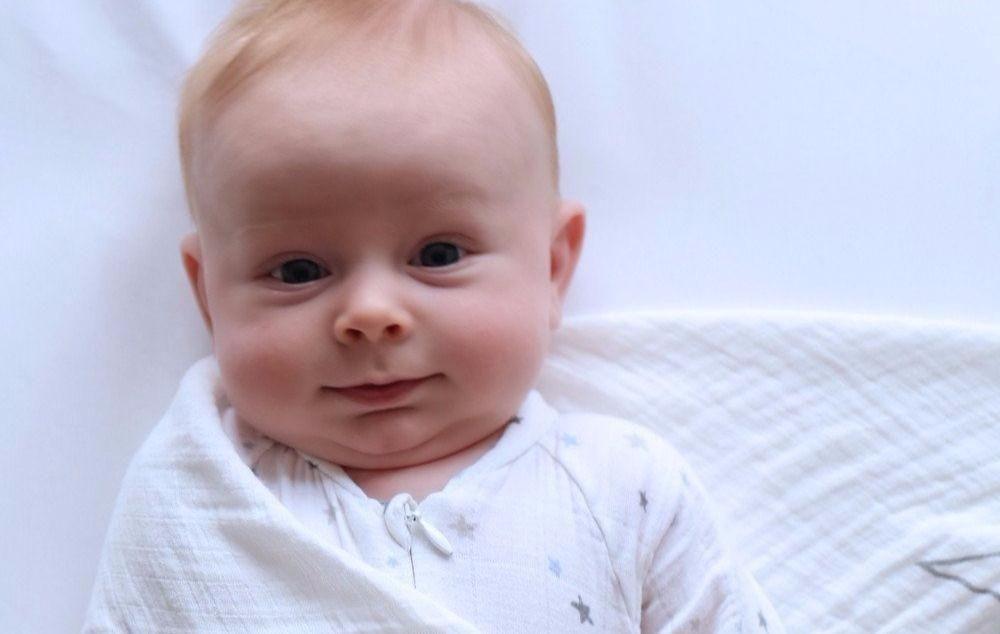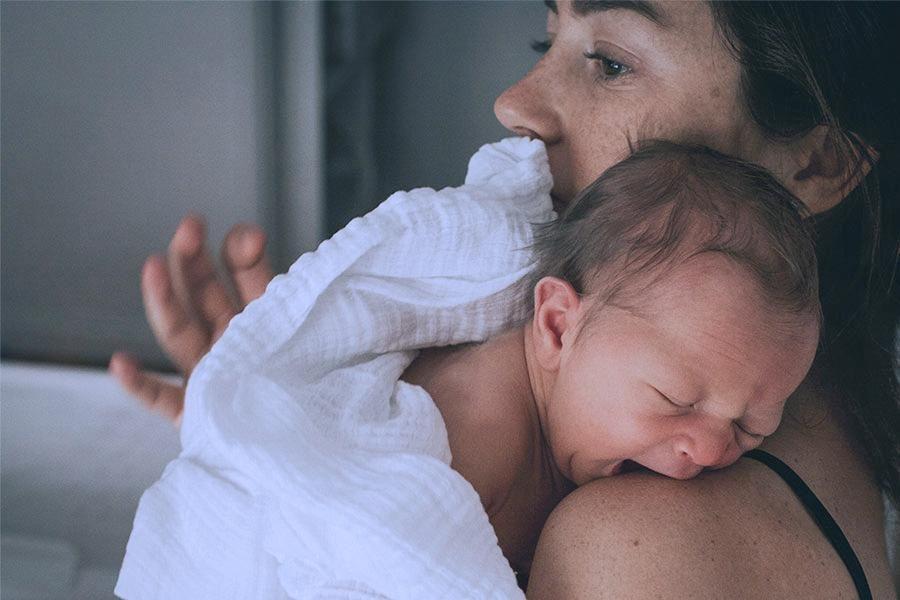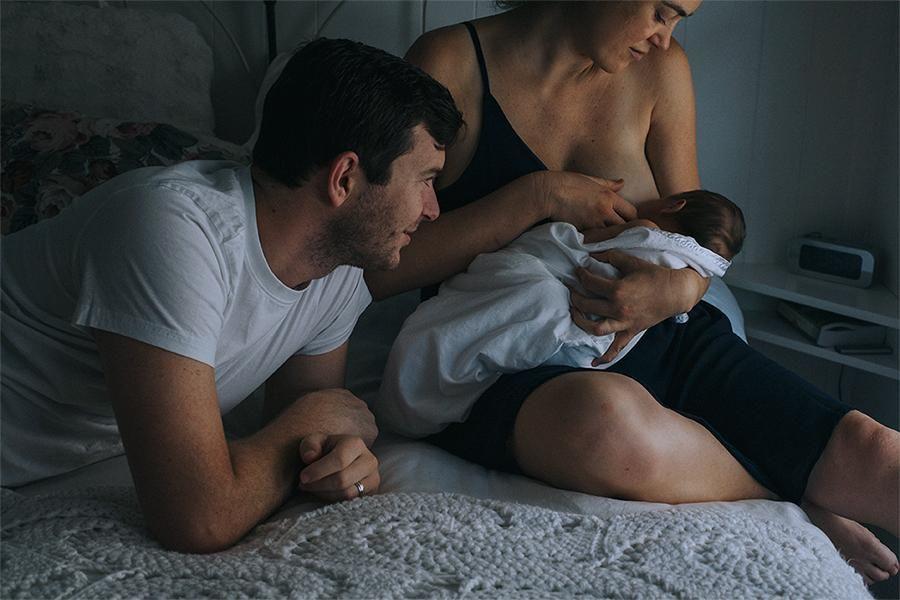In honour of Black Breastfeeding Week, we are interviewing a few mums to gain a better understanding of their experiences with breastfeeding and motherhood as Black women.
Christina Kwarteng, a content creator, pastor, and founder of the Fully Covered Still Fly Boutique, always planned on breastfeeding her daughter—a decision that was influenced, in part, by her mother and background.
'I have a mother who is very cultured. We come from Ghana where the norm is to breastfeed and it’s a stigma not to,' Christina says.
Plus, Christina’s mother has lots of experience with breastfeeding and babies. 'My mother was a NICU nurse for over 30 years, so I took that as I didn’t need to do research. I knew I’d have my mom as support,' she says.
However, despite having her mother in her corner during labour and postpartum recovery, Christina faced some challenges during delivery that made breastfeeding more of an uphill battle than she thought it would be.
'I intended on going natural, but I had to have a c-section. Due to complications, I was bed-bound, so I wasn’t able to attend to my baby the way I wanted to,' she remembers.
Christina was in the hospital for almost a week and was not able to try breastfeeding until about the second day of her daughter Chloe’s life. When she did, she was met with latching issues. At home, Chloe still struggled to latch, meaning that Christina had to pump every two hours in order to keep up her supply and fill enough bottles for her daughter.
'When I pumped, less than half an ounce would come out. It was a very difficult time for me. I felt like a failure of a mom. I felt like I couldn’t feed my baby with my natural milk,' she says.
About a month into the experience of pumping around the clock with so little output, she made the decision to give up on breastfeeding.
'I didn’t have energy to pump; my baby wasn’t latching,' she says. 'Mentally, I didn’t have capacity. It was draining.'
While Christina knows she made the best decision for herself and her daughter, she has come to realise that there were aspects of infant feeding she wishes she had been more prepared for.
For one, she would like to see some of the stigma around not exclusively breastfeeding lifted—and would like the greater conversation about breastfeeding to better speak to those women who do not or cannot exclusively breastfeed.
'The pressure you get from society and others can make it difficult to be comfortable with the decision, whether it was intentional or just happened,' she says. 'I don’t feel bad at all. I understand fed is best.'
With that, she advises other parents-to-be to seek out information about breastfeeding before labour so they can better anticipate and manage the hurdles that may arise.
'I would encourage moms to do a lot of research on breastfeeding before birth. And to take advantage of all the lactation consultant appointments. Even if you feel confident one day, you may not the next day,' she urges. 'Because my mom was there, I didn’t spend enough time with the lactation consultant.'
Another piece of practical wisdom she offers: 'Be mentally prepared for the time when you have to pump. It’s not a fun experience.'
Of course, Christina acknowledges that she was at a unique advantage because of her mother’s experience. She knows not all women have the same kind of support…but feels they deserve it!
'I did not have to depend on the hospital staff because I had my mom with me. I wasn’t at risk for PPD, which happens to so many women, because I had the ultimate nurse living with me. I was able to recover well and got the rest I needed,' she says. 'I know everyone is not going to be blessed to have a NICU nurse for months. Sometimes the help is just education before birth because a lot of women go into motherhood completely confused.'
And taking advantage of the available resources may be especially important for Black women.
'Black women don’t always have the resources and advocates we need relating to labour and delivery,' Christina says. 'We need better advocates, for sure, and I think a lot of these issues could be avoided if we had access to the education, resources, and advocacy to ensure successful delivery, childbirth, and raising of infants.'
Though Christina’s breastfeeding journey may not have looked exactly the way she thought it would, her daughter is thriving! And, it provided her one major insight about the nature of parenthood…
'Motherhood doesn’t come naturally; it comes with trial and error.'
Related stories:
